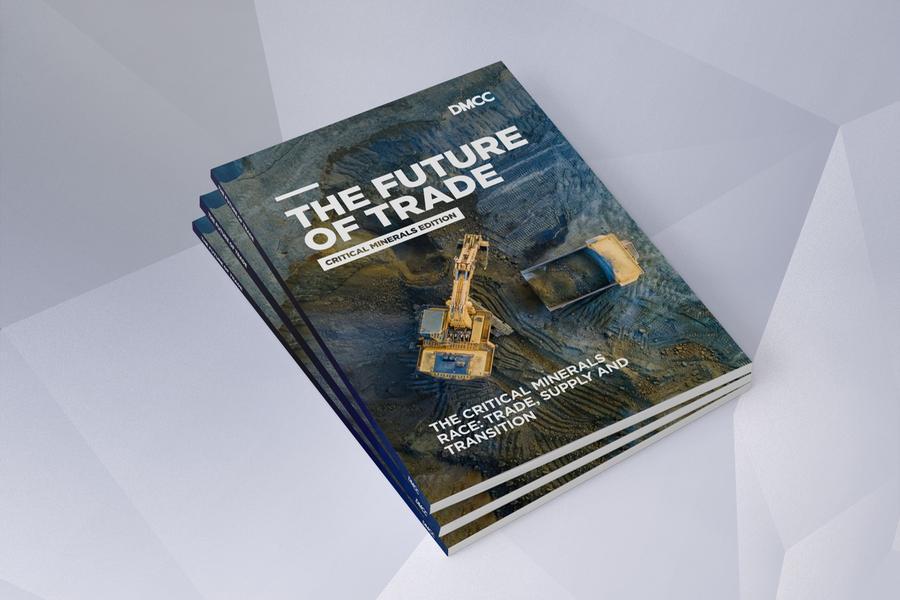A new report by the Dubai Multi Commodities Centre (DMCC) predicts that global demand for critical minerals such as lithium, cobalt, and nickel could surge by as much as 75 times the levels seen in 2020. This increase is anticipated to be driven by the urgent need for clean energy solutions, advancements in artificial intelligence, and overall digital transformation.

The report, titled ‘The Critical Minerals Race: Trade, Supply and Transition’, emphasizes that the escalating demand for these minerals is crucial for the production of electric vehicles, renewable energy technologies, and next-generation devices. It also highlights vulnerabilities in current critical minerals supply chains, including geographic concentration of resources predominantly in countries like China, Russia, Australia, and Latin America. These factors contribute to trade regionalization and heightened risks associated with geopolitics and resource nationalism.
In light of this competitive global landscape, the MENA region, particularly the UAE and Saudi Arabia, is positioning itself as a significant player in the critical minerals supply chain. The region benefits from a robust trade network, access to low-cost energy, and substantial investment capital. These advantages are driving initiatives to invest in global mining projects, enhance refining capabilities, and establish new trade partnerships, thereby solidifying MENA’s role in the evolving critical minerals market.
Ahmed Bin Sulayem, Executive Chairman and Chief Executive Officer of DMCC, stated that the demand for essential minerals has reached unprecedented levels. He noted that this demand, which includes key industries such as electric vehicles and energy storage, is projected to reshape global trade flows and supply chains significantly. He emphasized that the UAE and Dubai’s strategic advantages, including world-class infrastructure and ease of doing business, will foster resilience and innovation in global trade.
Feryal Ahmadi, Chief Operating Officer of DMCC, remarked on the growing importance of critical minerals in shaping the global economy amid increasing trade tensions and industrial competition. She mentioned that the report offers valuable insights and recommendations for stakeholders engaged in the critical minerals trade, aiming to enhance business growth and strengthen global trade resilience.
The report outlines several recommendations for governments and businesses to adapt to the changing critical minerals landscape. These include leveraging public-private partnerships to unlock mineral reserves, investing in alternative technologies to reduce dependency on scarce minerals, and developing domestic refining capabilities to capitalize on low-cost energy sources. It also encourages the establishment of clear regulations to foster a competitive environment for critical mineral investment.
This edition of the Future of Trade report builds on DMCC’s previous successes in addressing global trade trends, with over 2.5 million downloads and views, highlighting its relevance as a resource for industry leaders and policymakers.

Leave a Reply